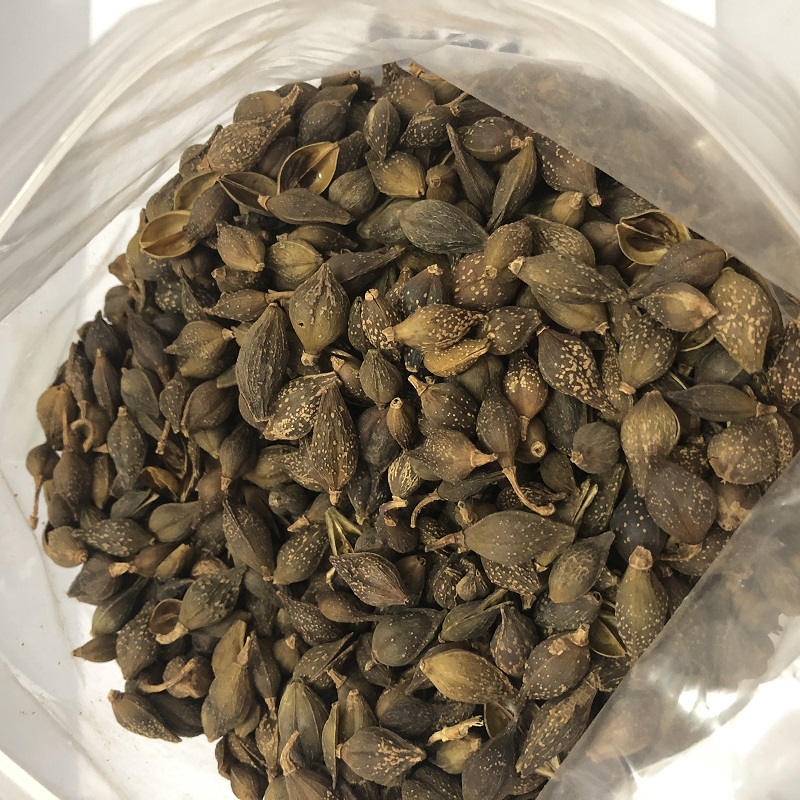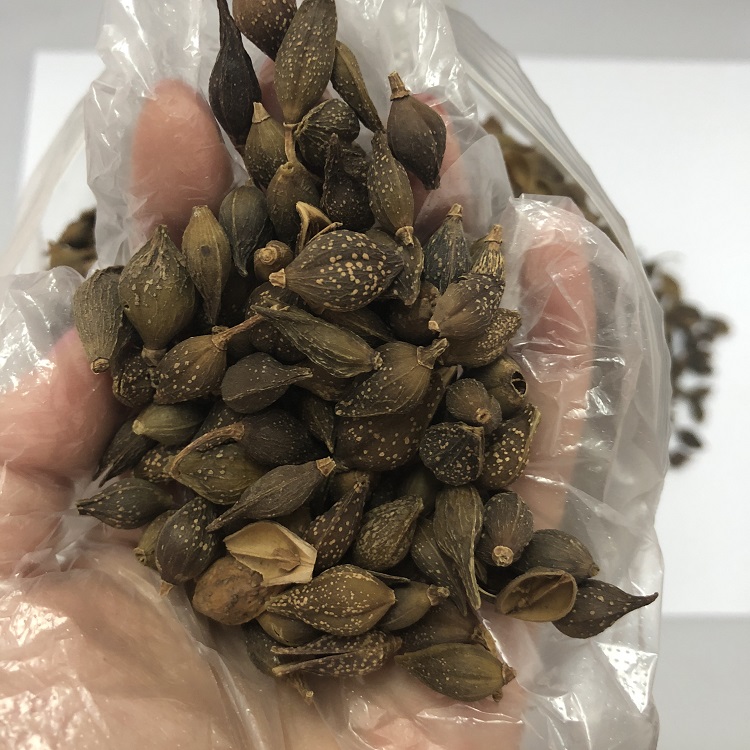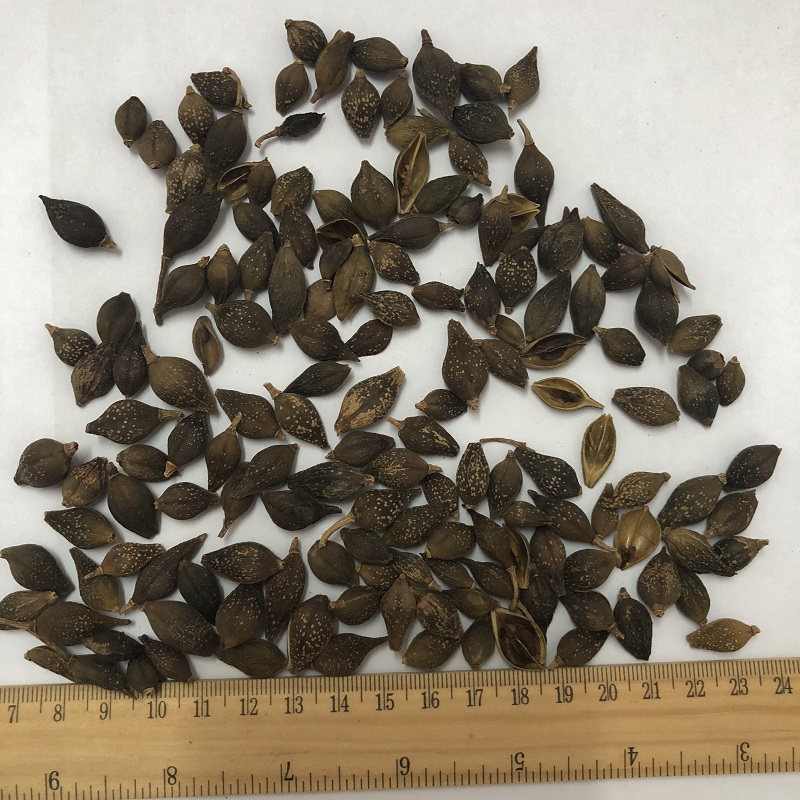
Forsythia, scientifically named Forsythia suspensa,
is a flowering plant native to eastern Asia, primarily China. In Traditional Chinese Medicine, Forsythia has been valued for centuries for its ability to clear heat, detoxify, and act as an anti-inflammatory agent. It is commonly prescribed in the treatment of the common cold, influenza, inflammation, and infections such as boils and abscesses.
The plant's fruiting bodies, which are harvested when mature but still green, are the part used medicinally. These fruits are small, oblong, and typically come in pairs, giving them a distinctive appearance that has earned them the nickname "golden bell" in reference to their shape and color.
Phytochemical studies indicate that Forsythia contains a range of active constituents including phillyrin, forsythiaside, and lignans, which are thought to contribute to its therapeutic effects. Modern research has suggested that these compounds possess antibacterial, antiviral, and antioxidant activities, supporting the traditional uses of Forsythia.
In modern clinical applications, Forsythia is often combined with other herbs to enhance its efficacy in treating fever, swelling, and infectious diseases. It is also sometimes used in topical preparations for skin disorders.









